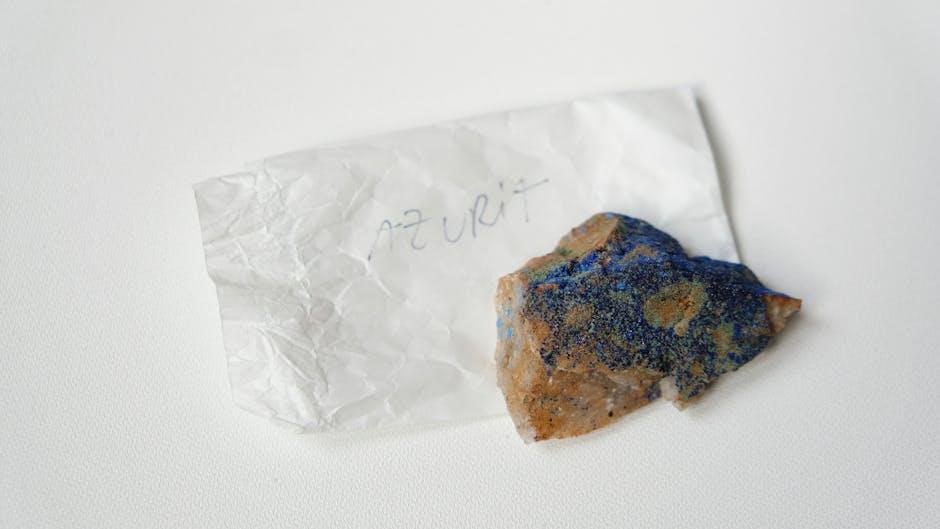Dungeons & Dragons Is a Household Name Again
In the world of tabletop role-playing games, there is one name that stands above all others – Dungeons & Dragons. For decades, this iconic game has captivated the imaginations of players around the world. However, in recent years, it seemed like the once beloved game was slowly fading into obscurity. But now, Dungeons & Dragons is experiencing a renaissance, once again becoming a household name.
Dungeons & Dragons, also known as D&D, was first created by Gary Gygax and Dave Arneson in 1974. Combining elements of fantasy, storytelling, and strategy, it quickly gained a dedicated following. The game allowed players to create their own unique characters and embark on thrilling adventures in a fantasy world of their own making.
During its early years, D&D became the subject of controversy due to misconceptions and misinformation. It was often associated with satanic rituals and seen as a harmful influence on young people. As a result, the game faced backlash and lost popularity in the 1980s and 1990s.
However, in recent years, a new generation of players has discovered the joys of Dungeons & Dragons. The rise of online streaming platforms, such as Twitch and YouTube, has played a significant role in its resurgence. Popular creators and celebrities, such as Critical Role and Stranger Things’ cast members, have embraced the game, shining a spotlight on its immense storytelling potential and fostering a sense of community among players.
Additionally, the release of the fifth edition of Dungeons & Dragons in 2014 introduced streamlined rules and made the game more accessible to newcomers. This move, coupled with the rise of online communities and enhanced marketing efforts, has reignited interest in the game. Now, D&D has become a cultural phenomenon, drawing in players from all backgrounds and age groups.
One of the most significant aspects of Dungeons & Dragons’ revival is its impact on popular culture. References to the game can be found in television shows, movies, and even in mainstream music. It has become a touchstone for nostalgia, reminding people of the joy and imagination that the game encapsulates.
Moreover, Dungeons & Dragons has proven to be an effective tool for social interaction and personal growth. It encourages players to think creatively, problem-solve, and collaborate with others. The game fosters a sense of teamwork and empowers players to become storytellers in their own right. Many players have found solace and a sense of belonging within D&D communities, both online and offline.
The resurgence of Dungeons & Dragons has also sparked a growth in the tabletop gaming industry as a whole. Game stores have reported increased sales, and new game designers have been inspired to create their own unique adventures. The game’s popularity has even spilled over into other mediums, with video games like Baldur’s Gate III and Solasta: Crown of the Magister drawing inspiration from the D&D universe.
As Dungeons & Dragons continues to grow in popularity, it is clear that the once niche game has become a household name once again. Its impact on popular culture and its ability to bring people together is a testament to its enduring appeal. Whether you’re a seasoned player or a newcomer to the game, Dungeons & Dragons offers a world of endless possibilities and adventures waiting to be explored.
Hey Subscribe to our newsletter for more articles like this directly to your email.
